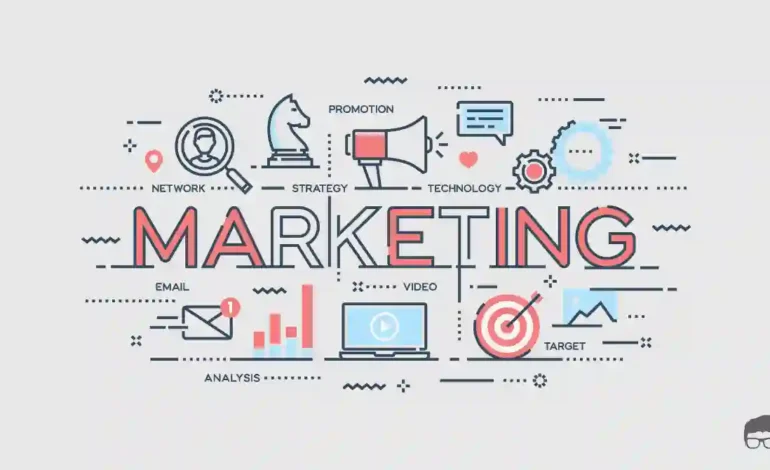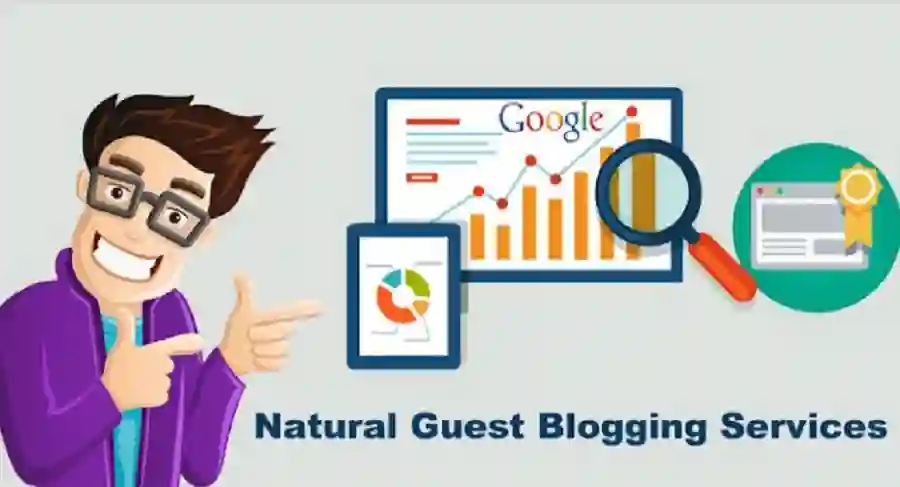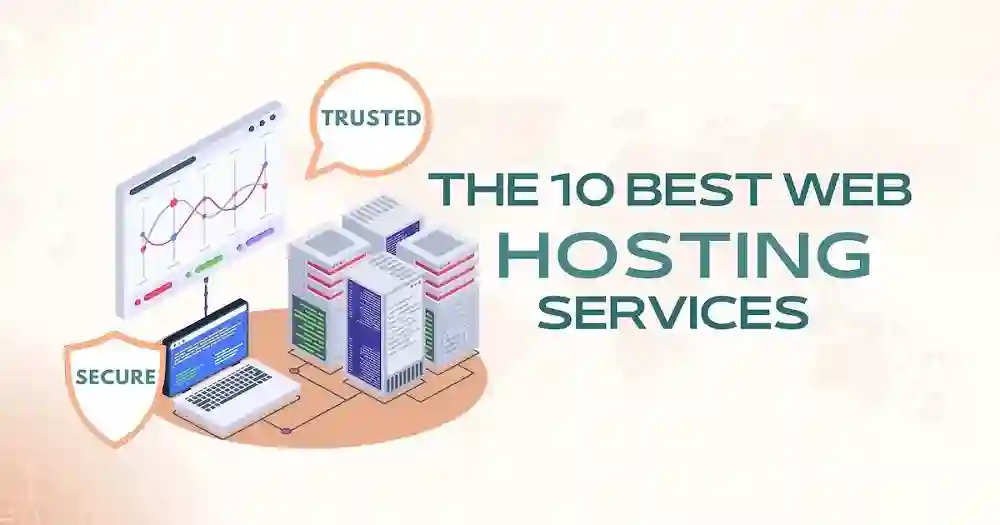
The Power of Online Marketing for Small Businesses: A Roadmap to Success
In today’s digital age, online marketing has become the cornerstone of business growth and success, regardless of the company’s size. For small businesses, in particular, it’s a powerful tool that levels the playing field and provides opportunities to thrive in the competitive marketplace. This article will delve into the world of online marketing and how it empowers small businesses to reach new heights.
Imagine this scenario: You’re the owner of a small, yet promising, local bakery. Your delicious treats have gained a loyal following in your community, but you dream of expanding your reach and attracting customers from neighboring towns. This is where online marketing comes into play. It’s like having a magic wand that can transform your small business into a local sensation or even a global brand.
So, what exactly is online marketing, and how can it benefit small businesses? Let’s explore the key aspects and advantages of this transformative tool.
- Online Marketing Unveiled: At its core, online marketing encompasses all the strategies and techniques that businesses use to promote their products or services on the internet. It includes a wide range of channels, such as websites, social media, email, content marketing, search engine optimization (SEO), pay-per-click (PPC) advertising, and more. Online marketing leverages the digital landscape to connect with potential customers and engage with existing ones.
- Affordability and Cost-Effectiveness: Traditional marketing methods, such as print ads and billboards, often require significant financial investments that can be daunting for small businesses with limited budgets. Online marketing offers a cost-effective alternative. With options like social media advertising, email marketing, and content creation, you can reach your target audience without breaking the bank.
- Global Reach with Local Appeal: Online marketing allows small businesses to extend their reach beyond geographical boundaries. You can attract customers from around the world while maintaining a local presence. This global-local approach can help you tap into diverse markets.
- Precise Targeting: One of the standout features of online marketing is its ability to target specific demographics and user behaviors. You can tailor your marketing campaigns to reach the people most likely to be interested in your products or services, increasing the efficiency of your efforts.
- Data-Driven Decision-Making: Online marketing provides a wealth of data and analytics that can inform your business decisions. You can track website traffic, monitor social media engagement, measure conversion rates, and more. These insights help you understand what’s working and what needs adjustment.
- Flexible and Adaptable: The digital landscape is ever-changing, and online marketing allows you to adapt quickly to emerging trends and consumer preferences. You can experiment with different strategies and tactics to find what resonates most with your audience.
- Enhanced Customer Engagement: Online marketing fosters two-way communication with your audience. You can interact with customers through social media, respond to inquiries via email, and gather feedback through surveys and reviews. This engagement builds relationships and trust.
- Measurable ROI: Unlike traditional marketing, where it’s often challenging to track the exact return on investment (ROI), online marketing provides measurable results. You can calculate the ROI of specific campaigns and channels, allowing you to allocate resources more effectively.
- 24/7 Availability: Your online presence is always available, 24 hours a day, seven days a week. Customers can access your website, browse products, and make purchases at their convenience, even outside of regular business hours.
Now, let’s explore some of the key components of online marketing that small businesses can leverage for success:
- Website Optimization: Your website is the digital storefront of your business. Ensuring that it’s well-designed, user-friendly, and optimized for search engines (SEO) is essential. A responsive, mobile-friendly website enhances the user experience.
- Social Media Marketing: Social media platforms, such as Facebook, Instagram, Twitter, and LinkedIn, offer opportunities to connect with your audience, share content, and run targeted advertising campaigns. Social media also facilitates customer engagement and brand building.
- Email Marketing: Email remains a powerful communication channel. You can use email marketing to send newsletters, promotions, and updates to your subscribers. Personalization and segmentation enhance the effectiveness of your email campaigns.
- Content Marketing: High-quality content, such as blog posts, articles, videos, and infographics, can establish your expertise and attract organic traffic to your website. Content marketing also provides valuable information to your audience.
- Search Engine Optimization (SEO): Optimizing your website for search engines improves its visibility in search results. Effective SEO strategies can lead to organic traffic and higher rankings, increasing your online presence.
- Pay-Per-Click (PPC) Advertising: PPC advertising allows you to bid on keywords and display ads in search engine results or on websites. It’s a way to get immediate visibility and drive targeted traffic to your site.
- Online Reviews and Reputation Management: Customer reviews and ratings play a significant role in online marketing. Positive reviews can build trust, while negative ones require careful management and resolution.
- E-commerce and Online Sales: If your business offers products, an e-commerce platform enables you to sell them online. Setting up an online store extends your reach and revenue potential.
- Analytics and Data Analysis: Utilize tools like Google Analytics to monitor website traffic, user behavior, and conversion rates. These insights help you make data-driven decisions.
However, it’s important to acknowledge the challenges and considerations of online marketing for small businesses:
- Competition: The digital landscape is crowded, and competition can be fierce. Small businesses need to find unique selling points and strategies to stand out.
- Resource Allocation: Effective online marketing requires time, expertise, and sometimes financial investments. Small businesses must allocate resources wisely to maximize their impact.
- Continuous Learning: Online marketing is ever-evolving. Staying updated with the latest trends and technologies is essential for ongoing success.
- Data Privacy and Security: Handling customer data responsibly is critical. Small businesses must adhere to data privacy regulations and protect customer information.
- Consistency and Patience: Building an online presence and seeing significant results may take time. Consistency in your efforts and patience are key to long-term success.
In conclusion, online marketing is a game-changer for small businesses looking to expand their reach, engage with their audience, and achieve growth and success. It’s like having a digital compass that guides you through the vast online landscape, helping you navigate challenges and seize opportunities. By embracing the power of online marketing, optimizing your online presence, and leveraging the various channels and strategies available, you can carve a path to prosperity and make your small business shine in the digital world. So, are you ready to embark on this exciting journey to success?





